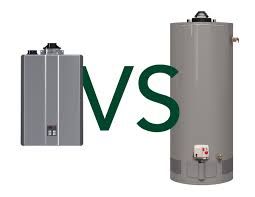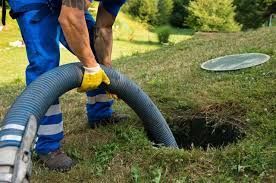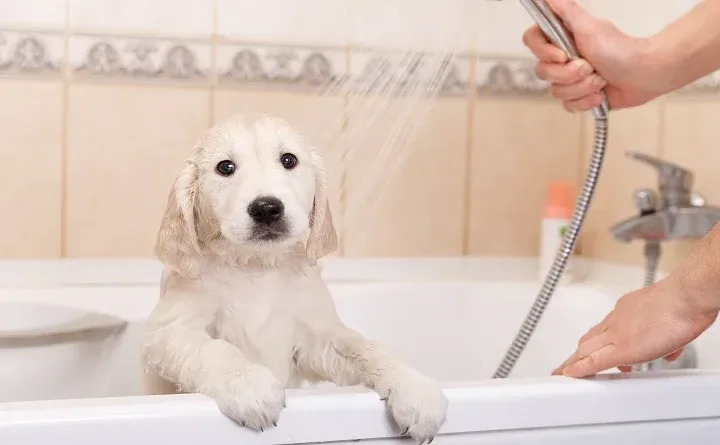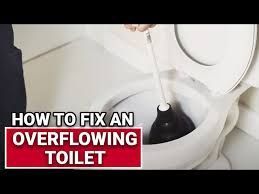What Is Water Hammer and How to Fix It
Water hammer is one of those plumbing issues that can startle you with a loud banging noise in your pipes, making you wonder if something is about to explode. This phenomenon is not just a noisy annoyance but can also indicate underlying issues in your plumbing system. Understanding what water hammer is and how to fix it can save you from potential damage and costly repairs. This in-depth guide will cover everything you need to know about water hammer, including causes, effects, and the most effective solutions to fix it.
What Is Water Hammer?
Water hammer, also known as hydraulic shock, occurs when a valve in your plumbing system closes suddenly, causing a surge of pressure that sends shockwaves through the pipes. This sudden pressure change results in a loud banging or thudding noise, often when you turn off a faucet or appliance like a washing machine or dishwasher.
Head on to here to read more about Water Hammers!
Causes of Water Hammer
Water hammer is primarily caused by the abrupt stop of water flow in the pipes, but several specific factors can contribute to this problem:
- High Water Pressure: Excessively high water pressure in your plumbing system can exacerbate water hammer. When water moves quickly through the pipes and is suddenly forced to stop, the pressure surge is more intense, leading to more pronounced hammering sounds.
- Fast-Closing Valves: Appliances with fast-closing valves, such as washing machines and dishwashers, can trigger water hammer more frequently. These valves shut off water flow rapidly, causing the shockwaves that result in water hammer.
- Inadequate Pipe Support: Pipes that are not properly secured can move when subjected to the shockwaves of water hammer, leading to banging noises. Loose or poorly supported pipes can amplify the sound and the impact of water hammer.

Effects of Water Hammer on Your Plumbing System
While the noise is the most obvious effect, water hammer can cause several other issues that may compromise your plumbing system's integrity.
- Pipe Damage: Over time, the repeated pressure surges from water hammer can weaken your pipes, leading to cracks, leaks, or even bursts. This damage can result in costly repairs and potential water damage to your property.
- Joint and Valve Failure: The constant pressure from water hammer can cause joints and valves to loosen or fail, leading to leaks and reduced efficiency in your plumbing system.
- Appliance Damage: Water hammer can also affect appliances connected to your plumbing system. The shockwaves can damage internal components, reducing the lifespan of your appliances and leading to more frequent repairs.
How to Fix Water Hammer
Fixing water hammer involves addressing the root causes and implementing solutions to prevent the pressure surges that cause it. Here are some effective methods to fix water hammer in your plumbing system:
1. Install Water Hammer Arrestors
Water hammer arrestors are devices specifically designed to absorb the shockwaves that cause water hammer. They are typically installed near appliances or valves that are prone to causing water hammer. These devices contain an air chamber that compresses when water flow is suddenly stopped, reducing the impact of the pressure surge.
2. Reduce Water Pressure
Lowering the water pressure in your home can help prevent water hammer. A pressure-reducing valve (PRV) can be installed on your main water line to regulate the water pressure throughout your home. The ideal water pressure for most homes is between 40 to 60 psi. If your water pressure is too high, lowering it can significantly reduce the occurrence of water hammer.
3. Secure Loose Pipes
Ensuring that your pipes are properly secured can prevent them from moving and banging against walls or other surfaces when water hammer occurs. Use pipe clamps or straps to anchor loose pipes, especially those located in basements, crawl spaces, or behind walls.
4. Install Air Chambers
Air chambers are vertical sections of pipe installed near valves or faucets. They contain air that compresses when water flow stops, absorbing the shock and preventing water hammer. If your plumbing system already has air chambers, they may become waterlogged over time and need to be drained to restore their effectiveness.
5. Slow-Closing Valves
Replacing fast-closing valves on appliances with slow-closing alternatives can reduce the likelihood of water hammer. Slow-closing valves gradually stop water flow, minimizing the sudden pressure change that causes water hammer.
6. Drain the Plumbing System
Air can become trapped in your plumbing system, exacerbating water hammer. Draining your system can help to remove trapped air and reduce the occurrence of water hammer. To do this, shut off the main water supply and open all faucets to drain the water. Once the system is empty, close the faucets and turn the water supply back on.
FAQs About Water Hammer
Q: Can water hammer damage my pipes?
A: Yes, over time, water hammer can weaken pipes, leading to leaks, cracks, or bursts.
Q: Is water hammer common in older homes?
A: Water hammer can occur in both older and newer homes, but older homes may be more susceptible due to aging plumbing systems.
Q: Can I fix water hammer myself, or do I need a plumber?
A: Some solutions, like securing loose pipes or installing water hammer arrestors, can be done by a homeowner. However, if you're unsure or the problem persists, it's best to consult a plumber.
Q: How do I know if my water pressure is too high?
A: You can use a water pressure gauge to measure the pressure at your home's main water line. If it exceeds 60 psi, it's considered too high and may need adjustment.
Q: Are water hammer arrestors expensive?
A: Water hammer arrestors are relatively affordable and can be a cost-effective solution to prevent further damage to your plumbing system.
Conclusion
Water hammer is more than just a noisy nuisance—it can lead to significant damage to your plumbing system if left unaddressed. By understanding what water hammer is and how to fix it, you can take proactive steps to protect your home. Whether it's installing water hammer arrestors, reducing water pressure, or securing loose pipes, these solutions can help you eliminate water hammer and keep your plumbing system in top condition. Regular maintenance and timely repairs are key to preventing water hammer and avoiding costly damage. Don't wait until it's too late—take action today to fix water hammer and enjoy a quieter, more secure home.
By the way, All City Plumber has got you covered if you need services for waterline repair & replacement!




CONTACT INFORMATION
Office:
855-266-7682
Email:
service@AllCityPlumbers.com
Address: 6694 Oak Ridge Commerce Way, Austell, GA 30168
Business Hours:
Mon - Sun 24 Hours
OUR SERVICES
© 2022 All Rights Reserved|All City Plumbers Privacy Policy | Terms & Conditions | Sitemap

